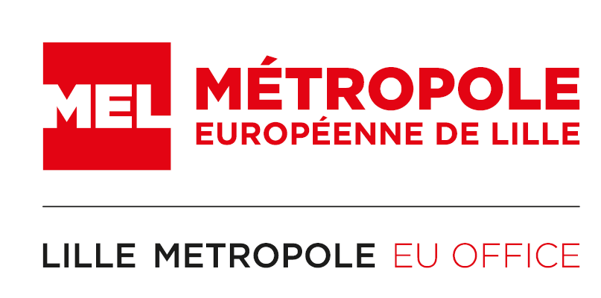
The Circular Cities and Regions Initiative (CCRI) is an initiative launched by the Directorate-General for Research and Innovation as part of the EU Circular Economy Action Plan 2020. It contributes to the policy objectives of the EU Green Deal, including the 2050 climate neutrality target, and the EU Bioeconomy Strategy. In April 2022, the initiative opened a call for pilot and fellow cities and regions.
The call aimed to select a group of ten Pilot cities, regions and territorial clusters that will benefit from four years of knowledge-sharing and technical support to speed up their circular policy implementation. Furthermore, 20 Fellow cities, regions and territorial clusters can liaise with the pilot group to engage in the multistakeholder learning process.
In September 2022, the European Commission announced that, after over 100 applications, 12 Pilots and 25 Fellows have been selected. These cities, regions and territorial clusters cover 18 countries, with 13 participants in Western Europe, 11 in Northern Europe, 9 in Southern Europe, and 4 in Eastern & Central Europe. Roubaix is one of them!
For years now, the City of Roubaix has developed an ambitious environmental and circular economy policy. In 2014, Roubaix launched a Zero waste Initiative that intends to bring out new development models. This initiative has federated a community of actors (associations, merchants, schools, companies) all committed to waste reduction, reuse, recycling and the search for sustainable solutions.
In 2015, the municipality equipped families with scales to allow them to measure their production of household waste. It also supported them by inviting them to participate in practical workshops. The Zero Waste initiative has also been extended to schools with several objectives: to reduce the amount of waste produced by school restaurants, to fight against food waste and to reach parents by raising their children's awareness.
The city of Roubaix responded to the CCRI call, highlighting all the policies put in place especially the Zero Waste one. It has also relied on its global strategy around well-identified places such as the Convent des Clarisses (House of the Circular Economy and Zero Waste), the TISSEL plant or the Trichon urban farm.
To be selected as a pilot city is a European recognition of the work done. It is also an opportunity to go much further in the field by drawing on the expertise of this network and to obtain European funding on projects around the circular economy.
A first meeting with the network’s stakeholders took place on 19 October in Brussels with the other pilot cities of the network.

